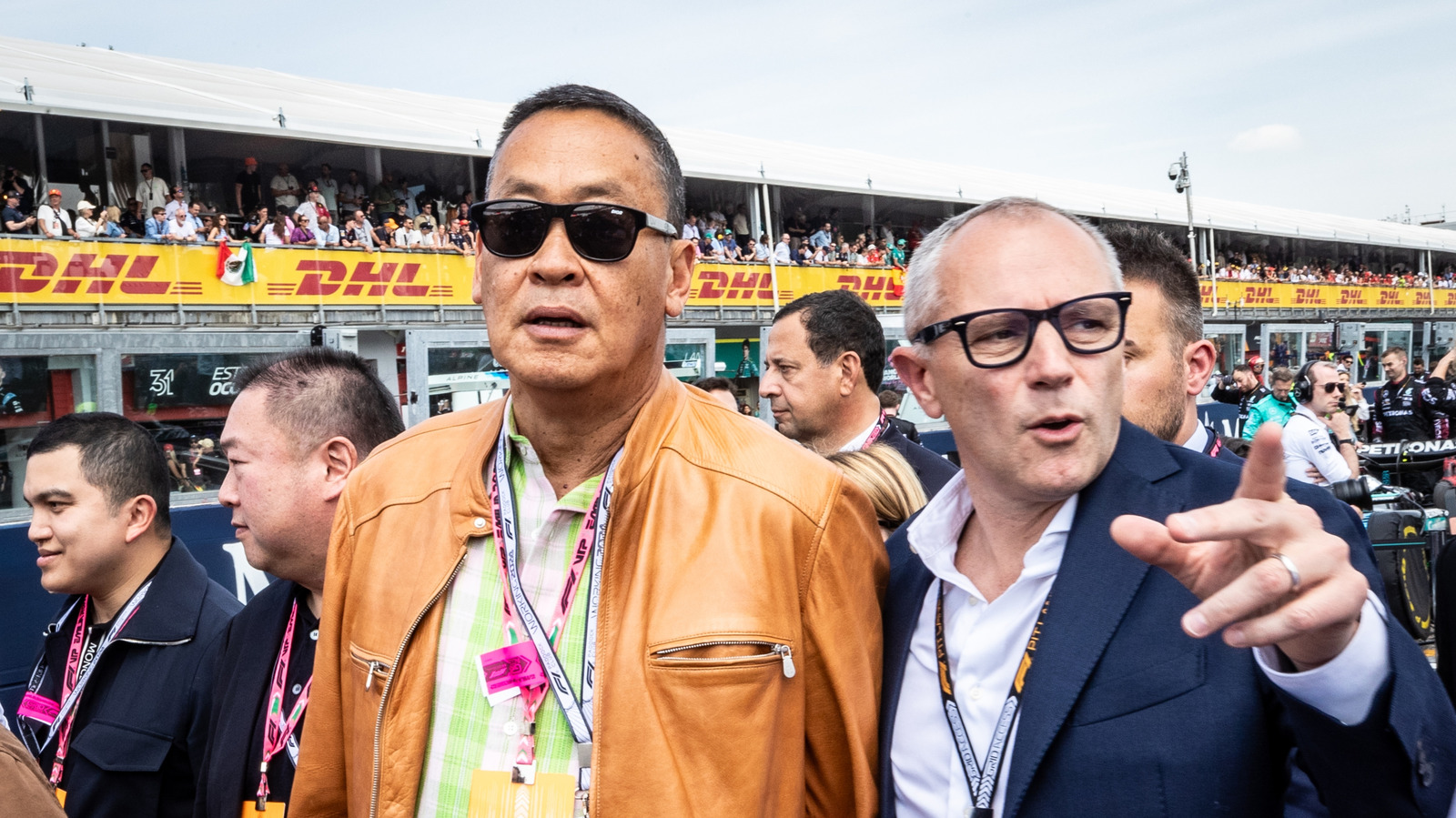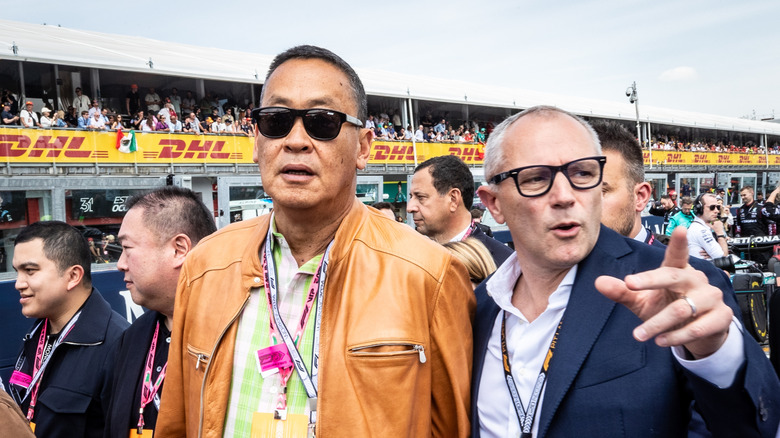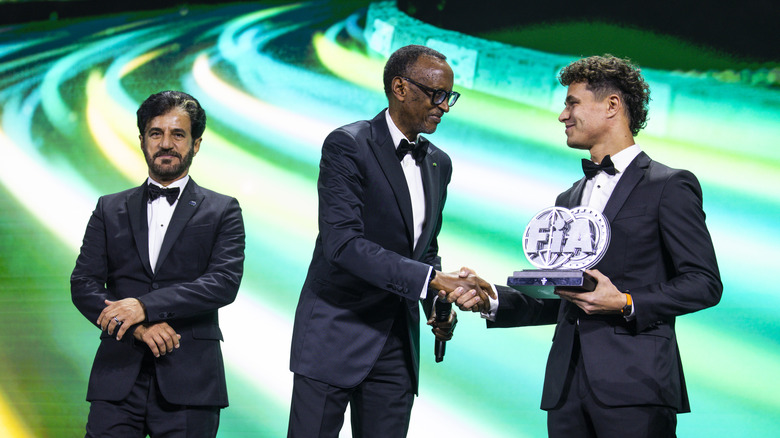Despite the image of glitz and glamour associated with Formula 1, it isn’t private or corporate wealth that keeps the world’s fastest sport on the road — it’s the checkbook of nations. Thailand’s government announced on Tuesday that it set aside $1.2 billion for its bid to bring the world championship to Bangkok. The figure would give the Thai Grand Prix a claim to the opulent title of the most expensive event in motorsport history, dwarfing $500 million spent to establish a race on the Las Vegas Strip.
It’s more difficult now than ever before to win a coveted spot on the crowded F1 calendar. The current annual 24-race odyssey is pushing race teams to a logistical breakpoint. However, Formula One Management is equally tempted to expand the schedule and rake in more revenue from sanctioning fees. While the Thai event hasn’t been confirmed by F1’s commercial rights holder, the commitment of $1.2 billion makes it almost certain that F1 will be racing on the streets of Bangkok by 2028, according to Autosport.
The planned race didn’t materialize out of thin air but was the result of a process that mirrored the negotiations for a royal arranged marriage during the 18th century. Srettha Thavisin, Thailand’s then-Prime Minister, visited the Emilia Romagna Grand Prix last year and held talks with F1 CEO Stefano Domenicali. In March, Domenicali visited Bangkok to meet with Thavisin’s successor, Paetongtarn Shinawatra, with Alex Albon in tow. I imagine bringing the country’s sole F1 driver to the visit wasn’t coincidental.
Rwanda is also courting F1 for a race
Thailand’s bid isn’t happening in a vacuum. Other countries are hoping to get onto the F1 calendar and are willing to splurge to do so. Rwanda is a vaunted candidate to bring the world championship to Africa for the first time in three decades. The BBC estimated that the Rwandan Grand Prix project could cost over $270 million. Rwanda’s bid has been hampered by the country’s lack of political freedom and abysmal human rights record. The Democratic Republic of the Congo urged F1 to end negotiations with Rwanda over the country’s financial and logistical support of M23, a rebel paramilitary. The United Nations confirmed that Rwanda is directly assisting M23’s armed offensive in the Congo, which has killed thousands of civilians and displaced millions of people. This is on top of the claims that opponents of Rwandan President Paul Kagame’s autocratic regime are being forcibly disappeared. I nearly forgot to mention that Rwanda hosted the FIA Awards Gala last year.
Both Thailand and Rwanda have the opportunity to join because existing rounds are being priced off the schedule. Whether or not a race stays depends on how much your government is willing to pay for the privilege. The Belgian Grand Prix at historic Spa-Francorchamps is becoming a part-time round, rotating with a yet-to-be-determined European event. The Dutch Grand Prix, the home race for four-time champion and sim racing addict Max Verstappen, is leaving the schedule entirely. The only race on the F1 calendar without government subsidies is the British Grand Prix. The cherished events that existed for decades just aren’t able to compete financially, despite what they have contributed to the sport’s history.




